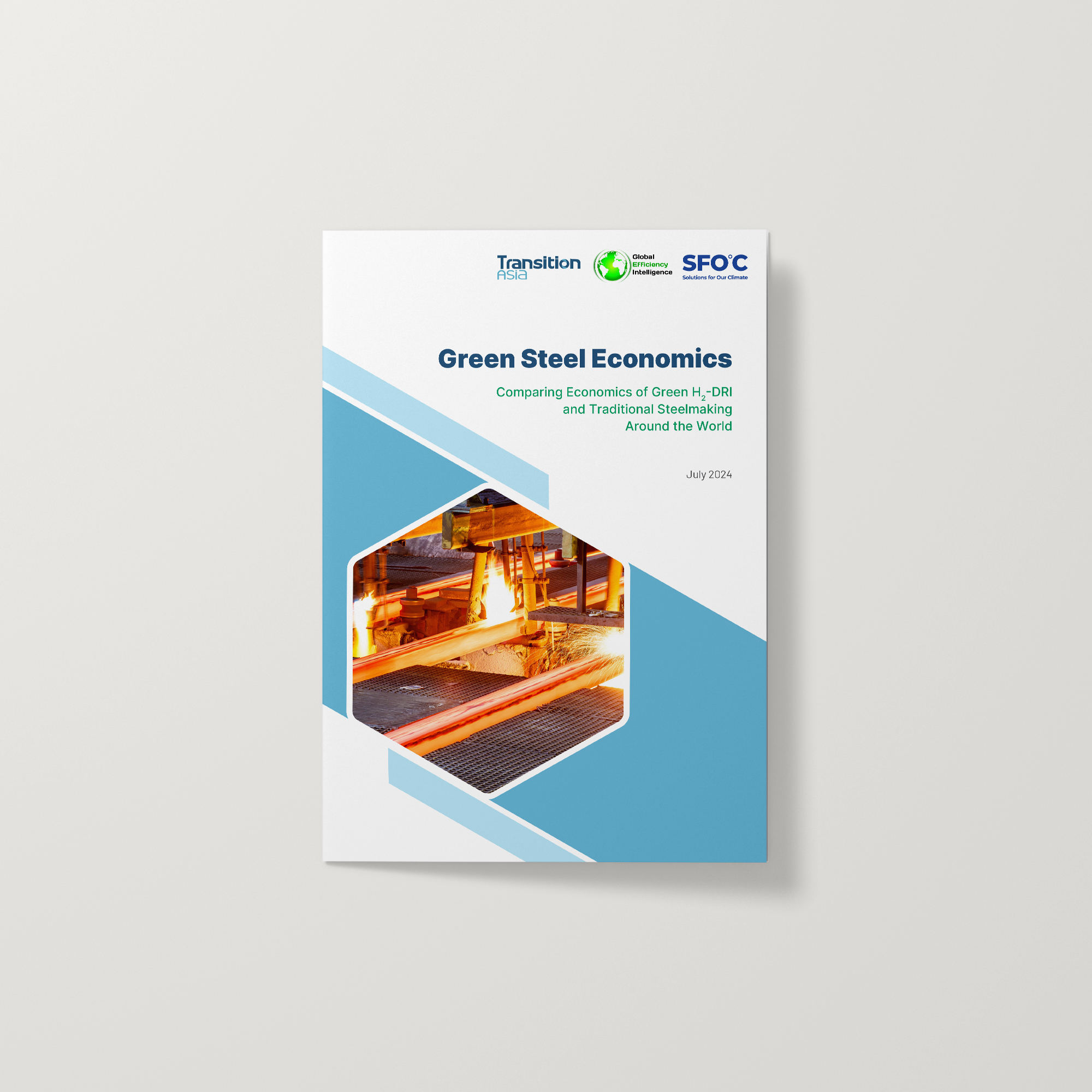
About
Hyundai Motor has pledged carbon neutrality by 2045 and full electrification in major markets by 2040. Yet its climate disclosures still lag behind investor and regulatory expectations. Scope 3 reporting remains partial, net-zero targets are not SBTi-validated, and scenario analyses provide only selective estimates.
From Words to Data benchmarks Hyundai Motor among 16 global automakers and identifies disclosure gaps in emissions, capital allocation, and lobbying transparency. The report highlights practical steps to align Hyundai’s ambition with investor-grade standards and emerging rules such as the EU CSRD, ISSB, and CBAM.
Executive summary
The global automotive sector is navigating a difficult transition, with automakers balancing market headwinds, regulatory changes, and accelerating investor expectations while pursuing long-term decarbonization. In light of this, Hyundai Motor has taken meaningful steps: committing to carbon neutrality by 2045, pledging full electrification in major markets by 2040, investing KRW 120.5 trillion through 2033, and introducing quantified assessments of certain physical risks as well as transition-policy sensitivities based on IEA scenarios. These efforts signal ambition and progress.
At the same time, Hyundai Motor’s disclosures reveal notable gaps compared with global benchmarks. Scope 3 emissions, accounting for the majority of its footprint, are only partially reported, with no supplier-level targets. The company’s net-zero pledge is not validated by the Science Based Targets initiative (SBTi), and scenario analyses provide selective estimates but lack comprehensive modeling of profitability, asset resilience, or stranded-asset risk under 1.5 °C and 2 °C pathways. Climate-related lobbying also remains opaque, with no systematic evaluation of whether trade association positions align with Hyundai Motor’s stated goals.
Bridging these gaps presents a valuable opportunity for Hyundai Motor to achieve its 2045 carbon neutrality goal. By providing stronger disclosure, Hyundai Motor can strengthen investor confidence, secure access to green finance, and remain competitive in markets moving rapidly toward stricter climate standards, such as the EU CSRD, ISSB, and CBAM. Transparency on capital allocation, supplier engagement, and lobbying alignment would position the company ahead of regulatory curves and reinforce its credibility with global stakeholders.
This report therefore recommends Hyundai Motor:
Seek SBTi validation of its targets and introduce interim milestones
Expand Scope 3 disclosure to material and supplier levels, with measurable reduction strategies
Integrate quantitative scenario analysis linking risks and opportunities to financial outcomes
Enhance transparency in industry lobbying and stakeholder engagement
























![[Brief] South Korea’s international public finance continues to block a just energy transition](https://content.sfoc.tapahalab.com/images/research/RC5Kime.jpg)



![[Report] The Inconsistent 'Coal-Free Pledge' of Korea's National Pension Service](https://content.sfoc.tapahalab.com/images/research/VcDPdme.jpg)

![[CREA-SFOC] Unveiling the Truth Behind Blast Furnace Pollution_South Korea](https://content.sfoc.tapahalab.com/images/research/C4Xvdme.jpg)




![[Issue Brief] Assessment of Climate Change Policies of Major South Korean Financial Institutions](https://content.sfoc.tapahalab.com/images/research/a4ondme.jpg)


![[토론회] 한국형 녹색분류체계(K-Taxonomy), 무엇이 녹색경제활동인가](https://content.sfoc.tapahalab.com/images/research/bn8jdme.jpg)




